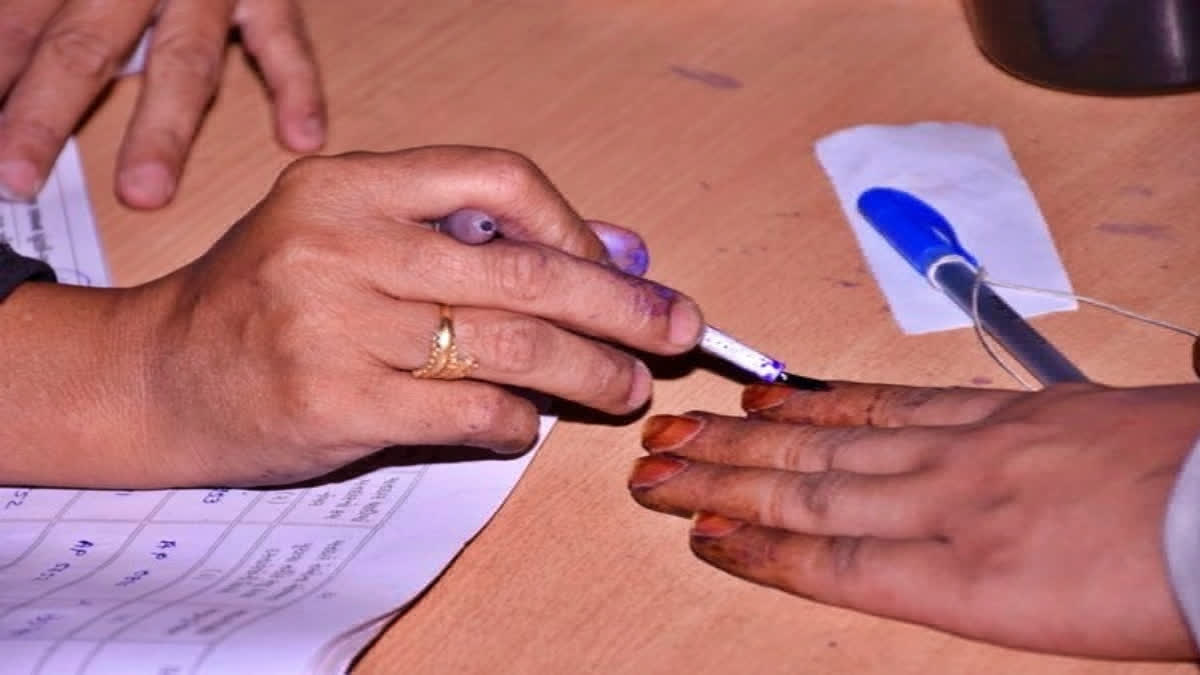India’s verdict for secular democracy has broken loose a decade-old single-party rule and paved the way for an inclusive and participatory form of governance where decisions are made using collective wisdom. The longest-ever electoral process in Indian history, spanning eighty days, marked the weakening of the BJP given their overall seat share.
'Consensus Building'
The dream of 400 and above seats (abh ki baar 400 paar) fell flat. The BJP would now have to rely on its NDA partners to form the government, and any decision that is made will need consent from allies. Modi will undoubtedly continue to serve as the prime minister of the country a third time, but he might not be able to run roughshod over his opponents for which he will need a licence from his allies. BJP needs to negotiate hard, and Modi will have to venture into this unknown territory for the first time. The decision to demonetise INR currencies of 500 and 1000 in 2016 was made without the consultation of many in the then finance ministry, and the BJP could afford it as it had the majority. Had it been a coalition, the demonetisation decision would have been difficult as it would need alliance partners' consent.
'BJP's Core Ideology To Take Back Seat'
BJP had galvanised its ideological support base by making statements disparaging the largest minority in the country, sometimes subtle but eventually more overt, since it came into power. PM Modi during a rally called the entire community 'infiltrators.' That might take a backseat, as long as a new coalition continues, and narratives that the party brings will have to resonate well with allies like Chandrababu Naidu, a secular veteran politician. Immediately after sweeping the Andhra Pradesh assembly and Lok Sabha, Naidu made a statement while addressing the media in Vijayawada, “A fundamental right in a democracy should be freedom of speech”. He was reinforcing what he and his party believes in.
'Shift To Inclusive, Secular Policies'
The statement may have given the critical voices of India a reprieve. Of all the coalition partners, TDP (Telugu Desam Party) led by Naidu, holds a decisive position given its numbers and geographical location. After Karnataka and Telangana, Andhra Pradesh is the third state that has opened gates for BJP into the south. Therefore, the BJP will have to tread carefully. People like Chandrababu don’t subscribe to bigotry, majoritarianism, and intolerance. It is hoped that government policies would again be inclusive and secular. The critical voices in the last ten years were reprimanded, and those who played ball were rewarded. People like Praful Patel and Ajit Pawar were cleared of the charges they faced before joining the BJP. Patel had an Air India anti-corruption case against him while Ajit Pawar was allegedly involved in Rs. 25,000 crore scam.
Congress Vs Modi's
The main opposition party, Congress, which emerged as a formidable force, had to face the wrath of having their bank accounts frozen, and having two of their allies and chief ministers jailed. However, their sustained campaign against the BJP worked for them to a large extent. BJP can't go solo, they need allies to form the government as they don’t have numbers. Congress presented stronger narratives that a common man could easily connect with, and benefited them, such as inflation, unemployment, and threats to the constitution, which made Modi's weapons less effective.
- 24 percent of people showed unhappiness over price rise/inflation, according to a CSDS study
- 23 percent were unhappy with unemployment
